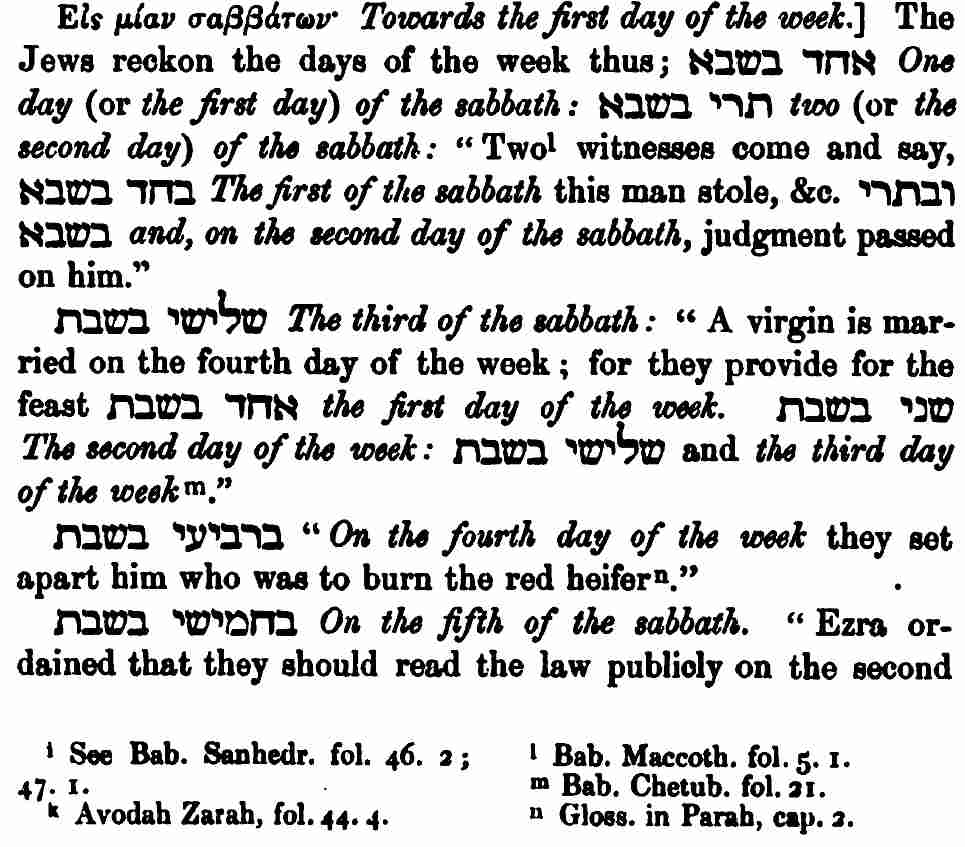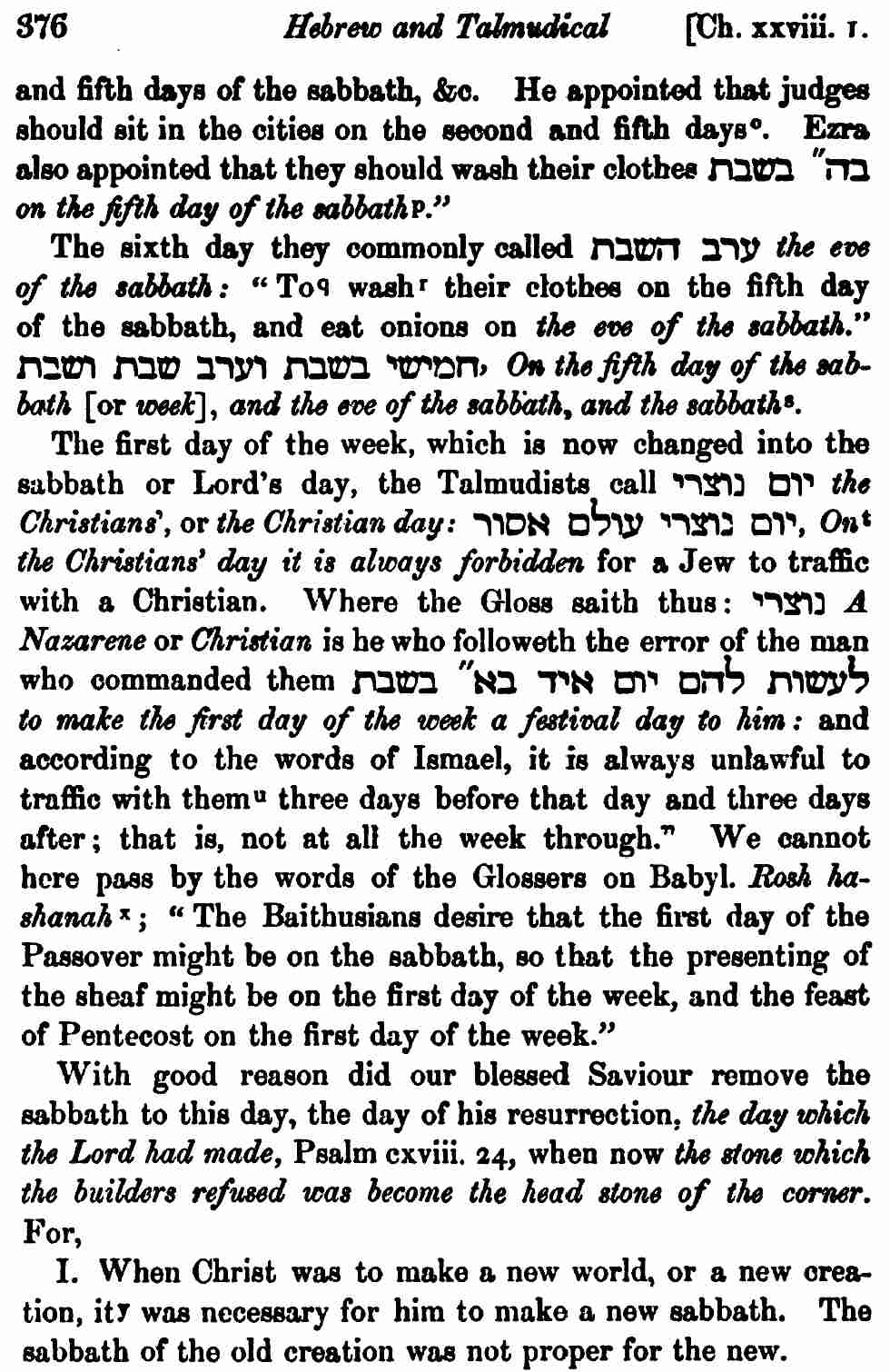Diego answered your question about the women "working" on the Sabbath the same way I would have—by quoting the relevant section of the Mishnah. I would add that in Jewish culture, that when tasks of like nature were required that it was usually left to the women to do it. The body of Yeshua was wrapped in a single linen sheet on the eve of the Passover Sabbath, then after that Sabbath, on Friday Joseph and Nicodemus wrapped the body in linen strips with the 100 weight of spices. The remaining task was left to the women to complete the anointing on the third day. The Mishnah Shabbat 23:5 is directed toward the situation when the body is already in the grave, and defines what housekeeping may be done for the body on the sabbath. It specifically allows them to "anoint" the "corpse".
I don't know where you got the list in your post. However, it is entirely contrived to correspond with the grammar and syntax of "first of the sabbaths".
Please see (http://www.torahtimes.org/images/ChartoftheWeek02.jpg)
The facts.
1. The alleged usage does not occur in either English, Greek, Syriac, or Aramaic.
2. The alleged use does not occur in vernacular speech of Hebrew or any language.
3. The alleged usage only occurs in written form in parts of the traditional Jewish literature after AD 140.
4. The alleged usage does not occur in any language before AD 100, but only after the Church altered the meaning of the phrase, "first of the sabbaths", for which the first evidence of the alteration is the Didache.
5. In the actual Hebrew usage the phrase is אחד בשבת, the earliest instance which is AD 140.
6. In the Hebrew there is a lack of correspondence between the Greek σαββατων which is in the plural, and the Hebrew שבת which is singular.
7. Further, there is a lack of correspondence between the Hebrew preposition ב and the genitive case used by the Greek. To make it correspond would require the dative case in Greek.
8. Further the Hebrew word אחד is in the masculine gender whereas the Greek word is in the feminine.
9. The Hebrew expected from μια των σαββατων is אחת השבתות.
In linguistics even exact correspondence of a phrase may still have different meanings:
1. When will the ambassador arrive? HEISNOWHERE and I hear him knocking at the door.
2. When did you last see the ambassador? We've looked all over for him, and HEISNOWHERE. Whatever shall we do?
In linguistics a slight alteration of grammar can change the whole meaning of a phrase:
1. This is to be the "first of the months" 2. It is the "first of the month"
We see that the plural makes all the difference in the world.
Now since we have shown that there are three major differences, it cannot be shown that the one phrase was meant to mean the other phrase. And just as I have said before, just because a monkey has 98% the same DNA as man does not mean that man came from monkey. The same thing works here. Just because there are some similarities between two phrases does not mean one means the other.
Monday = The second of sabbaths
Tuesday = The third of sabbaths
Wednesday = The fourth of sabbaths
Thursday = The fifth of sabbaths
Friday = Preparation Day
Saturday = Sabbath"
Therefore this list is contrived and misleading. It was made to order to look like "first of the sabbaths" but has so many differences with the limited Mishnaic usage that it has the be ASSUMED they are the same. But the evidence does not warrant the assumption.
The Friday-Sunday theory cannot claim one objective straightforward piece of evidence that uniquely supports it.
I am not saying you made this list up Achi, it looks to me like Bishop Lightfoot first created it:


You will notice two things about the Bishop. First he believed in Sabbath transference theology to Sunday, and second, he mistranslated the Hebrew or Aramaic where he wanted to to make it look like it matched up with the NT, mostly out of ignorance of Hebrew, Aramaic, and wishful theology that the Talmud would rubber stamp his beliefs of NT usage. His ignorance shows up right away in supposing that שבא means "Sabbath". Actually this word is the same as שבע
in which Aramaic has transmutted the ayin for alef. The word simply means "seven", i.e. "one in seven" in the larger phrase. Its a dead giveaway when the tav is only used for "preparation of sabbath" and "sabbath" itself.
Notice the Bishop's last comment? The "new sabbath". Well this is just the original Gnostic theology. Like good cultists the 2nd century Gnostics admitted the grammar was "first of the Sabbaths" but since their followers had no Torah context, they reinterpreted the phrase like any cultist would: they made it the "first of the sabbaths" of the new creation, i.e. the first sabbath of the new dispensation --Sunday to go along with their Mithraic syncretism.